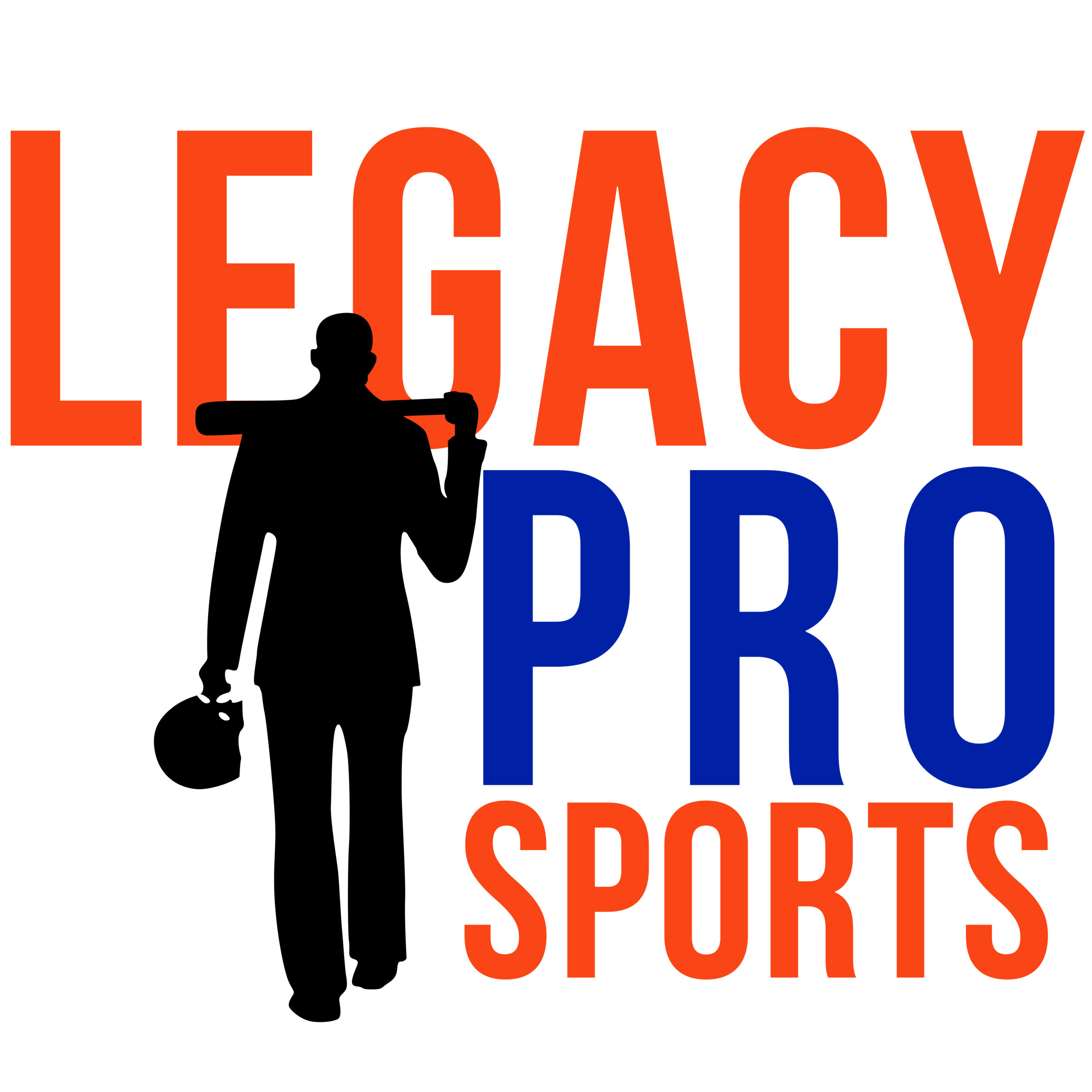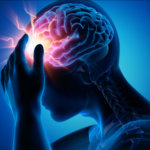Addiction is a complex disease that affects not only the individual but also their loved ones. However, it is possible to manage your addiction and live a fulfilling life. In this article, I will provide practical tips and resources for overcoming substance abuse and addiction.
Understanding Substance Abuse and Addiction
Substance abuse is the use of drugs or alcohol in a way that causes harm to your health, relationships, or daily functioning. Addiction, on the other hand, is a chronic disease characterized by compulsive drug or alcohol use despite the negative consequences. It is important to understand that addiction is not a moral failing or a lack of willpower, but rather a brain disease.
Addiction can affect anyone, regardless of their age, gender, or background. It often starts with experimental use, but can quickly spiral out of control. Some common risk factors for addiction include genetics, trauma, mental health disorders, and social factors such as peer pressure or availability of drugs or alcohol.
The Importance of Seeking Professional Help for Substance Abuse Treatment
If you are struggling with substance abuse or addiction, it is important to seek professional help. Addiction is a complex disease that requires specialized treatment. A professional can help you determine the best course of treatment based on your individual needs and circumstances.
There are many different types of substance abuse treatment programs available, including inpatient and outpatient programs, detoxification, medication-assisted treatment, and behavioral therapy. The most effective treatment approach will depend on your specific situation and needs.
Different Types of Substance Abuse Treatment Programs
Inpatient treatment programs involve staying at a treatment facility for a period of time, typically ranging from a few weeks to several months. These programs provide 24-hour support and supervision and often include a combination of individual and group therapy, medication management, and various other therapeutic interventions.
Outpatient treatment programs allow individuals to receive treatment while continuing to live at home. These programs typically involve regular meetings with a therapist or counselor, as well as participation in group therapy and other support services.
Detoxification is often the first step in substance abuse treatment. It involves removing the drugs or alcohol from the body and managing withdrawal symptoms under medical supervision.
Medication-assisted treatment involves the use of medications to help manage withdrawal symptoms and cravings. This approach is often used in conjunction with behavioral therapy.
Behavioral therapy is a key component of substance abuse treatment. It helps individuals identify and change negative thought patterns and behaviors that contribute to substance abuse. Common types of behavioral therapy include cognitive-behavioral therapy (CBT) and dialectical behavior therapy (DBT).
Steps to Overcoming Substance Abuse and Addiction
Overcoming substance abuse and addiction is a process that requires commitment and effort. The following steps can help you on your journey to recovery:
- Admit that you have a problem and need help.
- Seek professional help from a qualified addiction treatment provider.
- Develop a treatment plan that is tailored to your individual needs and circumstances.
- Build a support system of friends, family, and peers who can provide encouragement and accountability.
- Practice self-care, including healthy eating, exercise, and stress-reduction techniques.
- Stay motivated and focused on your recovery goals.
- Use coping strategies to deal with triggers and cravings.
Practical Tips for Managing Your Addiction and Living a Fulfilling Life
Managing addiction is an ongoing process that requires daily effort and self-awareness. The following tips can help you stay on track and live a fulfilling life in recovery:
- Practice mindfulness meditation to increase self-awareness and reduce stress.
- Find healthy ways to cope with stress, such as exercise, art, or spending time in nature.
- Build a support network of friends, family, and peers who understand and support your recovery journey.
- Attend support group meetings, such as Alcoholics Anonymous (AA) or Narcotics Anonymous (NA).
- Take care of your physical health by eating a balanced diet, getting enough sleep, and exercising regularly.
- Practice self-compassion and forgive yourself for past mistakes.
- Set achievable goals for yourself and celebrate your progress along the way.
Coping Strategies for Dealing with Triggers and Cravings
Triggers and cravings are a normal part of the recovery process. However, it is important to have strategies in place to deal with them when they arise. The following coping strategies can help you manage triggers and cravings:
- Identify your triggers and avoid them whenever possible.
- Develop a plan for how to handle triggers when they arise, such as calling a friend or going for a walk.
- Practice relaxation techniques, such as deep breathing or progressive muscle relaxation, to reduce stress and anxiety.
- Use distraction techniques, such as listening to music or doing a puzzle, to take your mind off of cravings.
- Remind yourself of your reasons for getting sober and the positive changes that have come with recovery.
- Reach out for support from a friend, family member, or support group when you are struggling.
Support Groups and Resources for Substance Abuse Recovery
Support groups and resources can be an invaluable source of encouragement and guidance during the recovery process. The following are some options to consider:
- Alcoholics Anonymous (AA) and Narcotics Anonymous (NA) are 12-step support groups that have helped many individuals achieve sobriety.
- SMART Recovery is a science-based support group that focuses on self-empowerment and self-reliance.
- The Substance Abuse and Mental Health Services Administration (SAMHSA) offers a national helpline and treatment locator to help individuals find local treatment resources.
- The National Institute on Drug Abuse (NIDA) provides information and resources on substance abuse and addiction treatment.
Staying Motivated and Focused on Recovery Goals
Staying motivated and focused on recovery goals can be challenging, especially during difficult times. The following tips can help you stay on track:
- Set realistic and achievable goals for yourself.
- Celebrate your progress and accomplishments along the way.
- Use positive self-talk to reinforce your commitment to recovery.
- Surround yourself with supportive and positive people.
- Practice gratitude and focus on the positive changes that have come with recovery.
- Take care of your physical health by eating well, exercising, and getting enough sleep.
- Avoid negative triggers, such as toxic relationships or environments.
Common Myths About Substance Abuse and Addiction Treatment
There are many myths and misconceptions surrounding substance abuse and addiction treatment. It is important to separate fact from fiction in order to make informed decisions about your treatment. Some common myths include:
- Myth: Addiction is a moral failing or a lack of willpower. Fact: Addiction is a chronic brain disease that requires specialized treatment.
- Myth: Treatment is only effective if an individual hits “rock bottom.” Fact: Treatment can be effective at any stage of addiction.
- Myth: Medication-assisted treatment is just replacing one addiction with another. Fact: Medication-assisted treatment can help manage withdrawal symptoms and cravings, and is often used in conjunction with behavioral therapy.
- Myth: Addiction treatment is too expensive. Fact: Many treatment options are covered by insurance or offer financial assistance.
Wrapping Up: Hope for a Brighter Future in Recovery
Overcoming substance abuse and addiction is a challenging journey, but it is possible with the right resources, support, and commitment. By seeking professional help, developing a treatment plan, and utilizing coping strategies, you can manage your addiction and live a fulfilling life in recovery. Remember to stay focused on your goals, celebrate your progress, and reach out for support when you need it. There is hope for a brighter future in recovery.
Contact us if you believe you may be eligible for filing a claim. Get your FREE, no-obligation consultation today!



